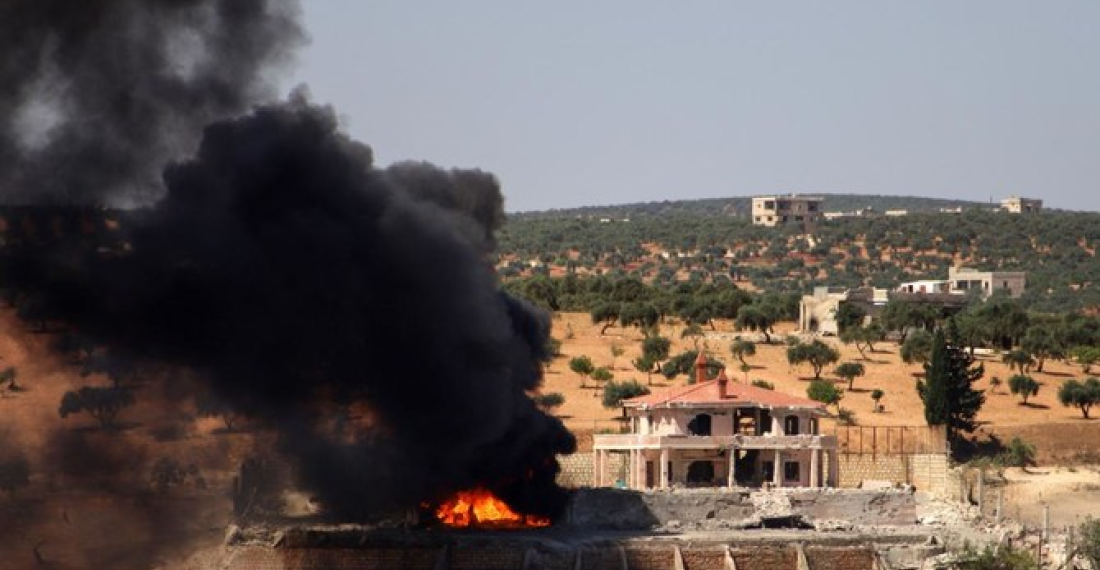A Russian airstrike launched on a market in the north-western Syrian city of Idlib on Sunday (25 June) have killed 13 people, reports Arab News.
At least nine civilians are among the dead, including two children. Around 30 people are understood to have been injured in the Russian strike on the rebel-held city, and it is expected that the death toll will rise.
The regime of Syrian President Bashar al-Assad - backed by Russia and Iran - has won back most of the territory that it lost to various groups in the early years of the Syrian Civil War that began in 2011 after the regime violently surpressed pro-democracy protests that had swept through a number of Arab countries.
The violent repression of the protests led to President Assad and Syria being a pariah state for a number of years, although a process of the country's rehabilitation has recently taken place with Syria re-joining the Arab League in May this year, at the 32nd summit of the group in Jeddah. You can read more about this here.
Over the years, Russia has repeatedly launched airstrikes across rebel-held regions of Syria. Although deadly Russian airstrikes on civilians in Syria have been limited this year - likely due to its ongoing invasion of Ukraine - Sunday's strike is the deadliest attack on Syria this year.






